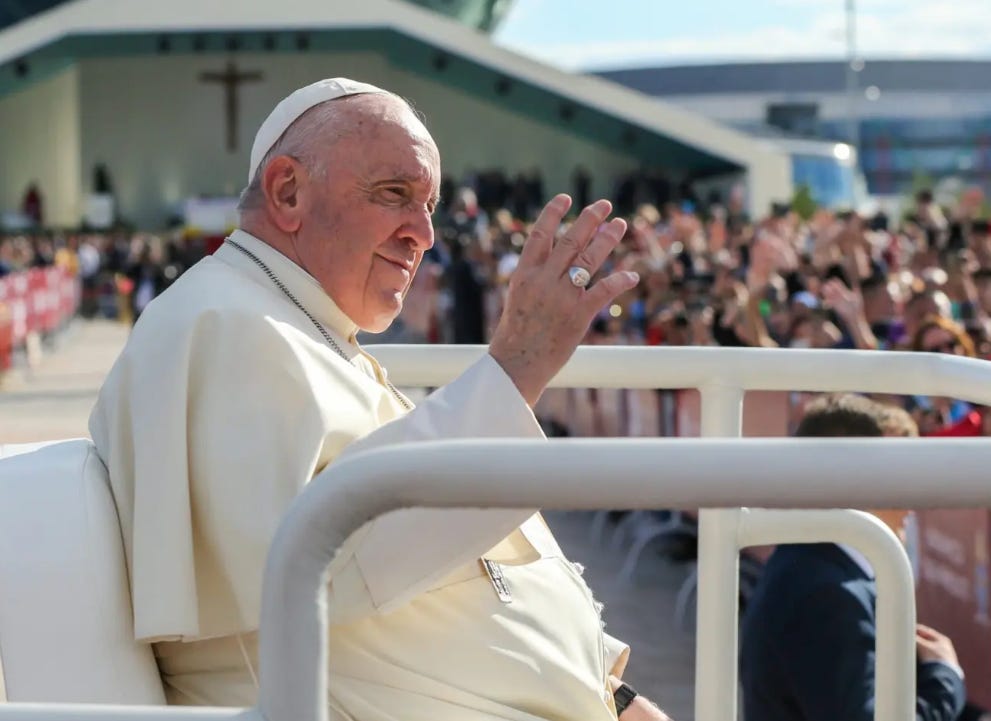The unexpected visionary: Pope Francis on AI, humanity, and the future of work
BROOKINGS
Leading architects of the AI era—including Google DeepMind CEO Demis Hassabis, OpenAI CEO Sam Altman, and xAI CEO Elon Musk—had sought audiences with the pope, recognizing the need for ethical frameworks that match the power and reach of the technologies they are building.
As the world reflects on Pope Francis’ legacy following his death, his leadership on social and economic justice is rightly being celebrated. But far less known—yet still profoundly prescient—is his visionary leadership on artificial intelligence.
At a time of rapid technological advancement with few guardrails, Pope Francis emerged as the world’s leading moral voice, insisting that AI be developed and deployed with human dignity at its core.
Today, AI is poised to reshape nearly every dimension of life—from work to governance to human relationships—at a pace few institutions are prepared to confront.
In this context, Pope Francis’ moral guidance spoke beyond religious boundaries. Rooted in a deep concern for the common good, his message has resonated with policymakers, technologists, and citizens alike, regardless of religious belief or views on organized religion.
It may seem counterintuitive to look to an 88-year-old religious leader at the helm of one of the world’s oldest institutions for guidance on today’s most cutting-edge technologies.
And yet it is Pope Francis and the Holy See, the headquarters of the nearly 2,000-year-old Catholic Church, that have issued some of the most thoughtful and morally grounded reflections on humanity in the age of AI.
During his papacy, Pope Francis brought this moral perspective on AI to the world stage, shaping dialogue well beyond the Vatican. Last year, he delivered a powerful address on AI to world leaders at the G7 summit, noting the dawn of a “cognitive industrial revolution” and calling for “ethical inspiration” to guide AI.
In remarks to the World Economic Forum in Davos, he urged the global elite to prioritize human dignity over efficiency, and to ensure AI progress benefits all. And through thought-provoking essays such as Antiqua et Nova (Latin for “old and new”), the Vatican under Pope Francis emphasized that AI must serve humanity, not substitute for it.

